Healthcare Solutions
-

Childhood health influences focus of new NIH initiative
The National Institutes of Health (NIH) recently announced it will provide $157 million in awards to launch a multi-center, seven-year initiative that will investigate how exposure to environmental factors in early development — from conception through early childhood — influences the health of children and adolescents. Read MoreSep 29, 2016
-

BMI genotype and breast cancer risk
For breast cancer prevention, a new study provides evidence for lifestyle modification to reduce weight gain in adults. Read MoreSep 29, 2016
-

Targeting norovirus “noxiousness”
New discoveries will guide efforts to develop vaccines or antiviral agents for norovirus, the most common cause of infectious diarrhea. Read MoreSep 28, 2016
-

Meharry-Vanderbilt Alliance discussion addresses race and health equity
Dr. Camara Jones, president of the American Public Health Association and a senior fellow at both the Satcher Health Leadership Institute and the Cardiovascular Research Institute, shared allegories on race and racism at a roundtable discussion at a recent Meharry-Vanderbilt Alliance event. Read MoreSep 23, 2016
-

Social venture founded by Anthropology’s Ted Fischer wins $15,000 prize
Mani+, a pediatric malnutrition therapy, is the result of years of interdisciplinary research by Vanderbilt anthropology, business, nursing, biological sciences and education students and professors. Read MoreAug 23, 2016
-

Team explores transcription factor’s autoimmunity role
Increasing expression of a transcription factor called KLF2 can promote immunological self-tolerance and “tune down” autoimmunity, researchers at Vanderbilt University Medical Center reported recently. Read MoreAug 11, 2016
-

Research team takes aim at Ebola virus ‘decoy protein’
Using an antibody generated at Vanderbilt University Medical Center that neutralizes the Ebola virus, researchers at the Scripps Research Institute in La Jolla, California, have determined the structure of a “decoy” protein that may enable the virus to evade detection by the immune system. Read MoreAug 11, 2016
-
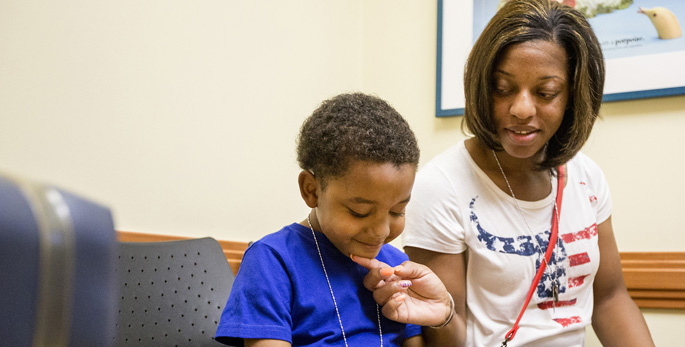
Timing, teamwork key for young liver transplant patient
Antwane Cole Jr., known as “AJ” to friends and family, began his summer playing football and enjoying his favorite superhero, Spiderman. Read MoreAug 11, 2016
-

Study explores low oxygen’s impact on antibody quality
Hypoxia (lack of enough oxygen) is bad for the body as a whole, but in the neighborhood where infection-fighting antibodies arise, may be important for keeping proper order. Read MoreAug 11, 2016
-
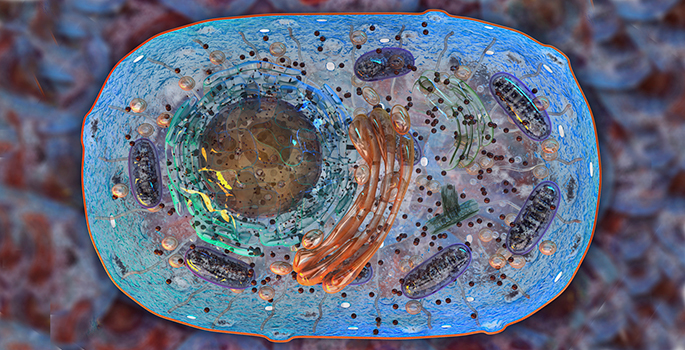
When mitochondrial genes act up
A team of Vanderbilt scientists have identified some of the methods that mutant mitochondrial DNA use to circumvent the molecular mechanisms that cells use to regulate mitochondrial activity. Read MoreJul 12, 2016
-

VUMC to be site for national malnutrition study
Vanderbilt University Medical Center is the test site for a nationwide initiative to address the longstanding problem of malnutrition in hospital patients. Read MoreMay 19, 2016
-
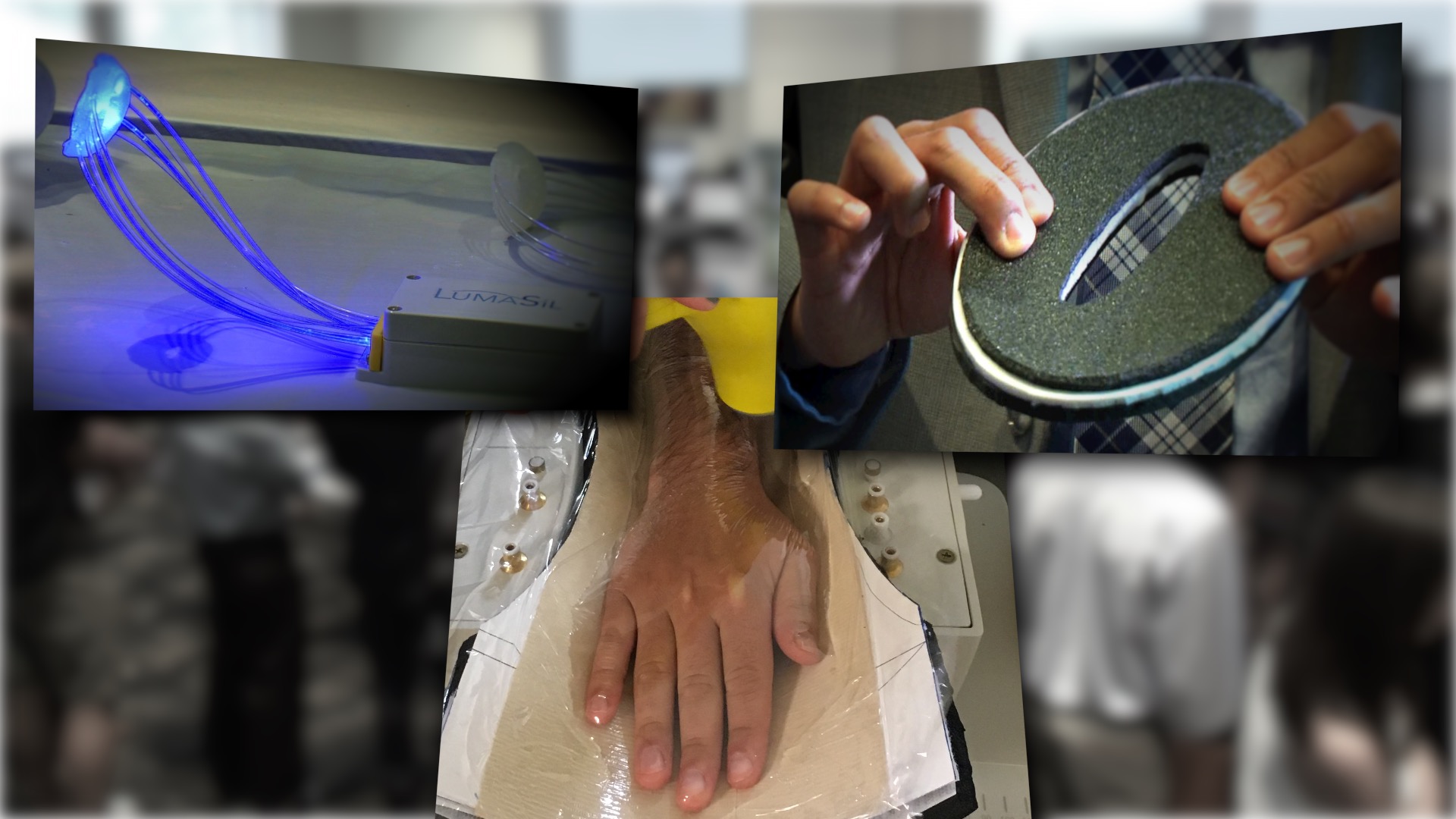
Engineering students design low-cost health care devices
How about shrink wrapping your hand to have an MRI? Or having a light in a cast to help heal diabetic foot ulcers? These are just some of the devices developed by Vanderbilt engineering students for Design Day 2016. Read MoreMay 6, 2016
-

Current cancer drug discovery method flawed: VUMC study
The primary method used to test compounds for anti-cancer activity in cells is flawed, Vanderbilt University researchers reported May 2 in Nature Methods. Read MoreMay 5, 2016
-
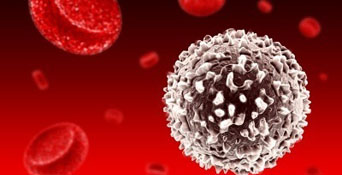
Improving natural killer cancer therapy
A newly discovered mechanism that helps cancer cells avoid destruction by immune system cells may improve immunotherapies. Read MoreApr 29, 2016
-

Investigators explore African ancestry, Alzheimer’s risk
Higher genomic levels of African ancestry are associated with an increased risk for Alzheimer’s disease, a consortium of investigators reported recently in Alzheimer’s & Dementia. Read MoreApr 28, 2016
-

Study sheds light on link between autism, GI issues
Researchers at Columbia and Vanderbilt universities have made an important discovery in mice that has implications for understanding the gastrointestinal (GI) problems experienced by some children with autism. Read MoreApr 28, 2016
-
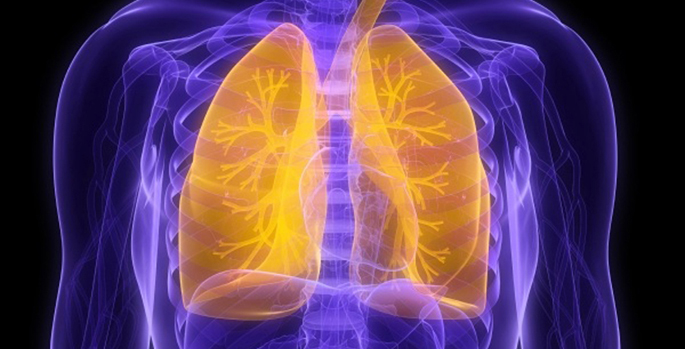
Study links COPD with increased bacterial invasion
Chronic obstructive pulmonary disease (COPD) is a common smoking-related lung illness and the third leading cause of death in the United States. Scientists have long believed that inhaling toxic gases and particles from tobacco smoke causes inflammation of the small airways in the lungs, leading to the development of COPD. Read MoreApr 28, 2016
-

Study explores how some breast cancers resist treatment
A targeted therapy for triple-negative breast cancer (TNBC), the most aggressive form of breast cancer, has shown potential promise in a recently published study. TNBC is the only type of breast cancer for which there are no currently approved targeted therapies. Read MoreApr 21, 2016
-

New doctoral track focuses on ‘big’ biomedical data science
A new biomedical data science doctoral track at Vanderbilt, designed as an amalgam of biomedical informatics, biostatistics and computer science, is enrolling its first students for admission in the fall. Read MoreApr 21, 2016
-

Study spots possible new approach to prevent obesity
An international research team that included scientists from Vanderbilt University Medical Center has found a novel way to counteract obesity in mice — by stimulating the growth of blood vessels in fat tissue. Read MoreApr 14, 2016